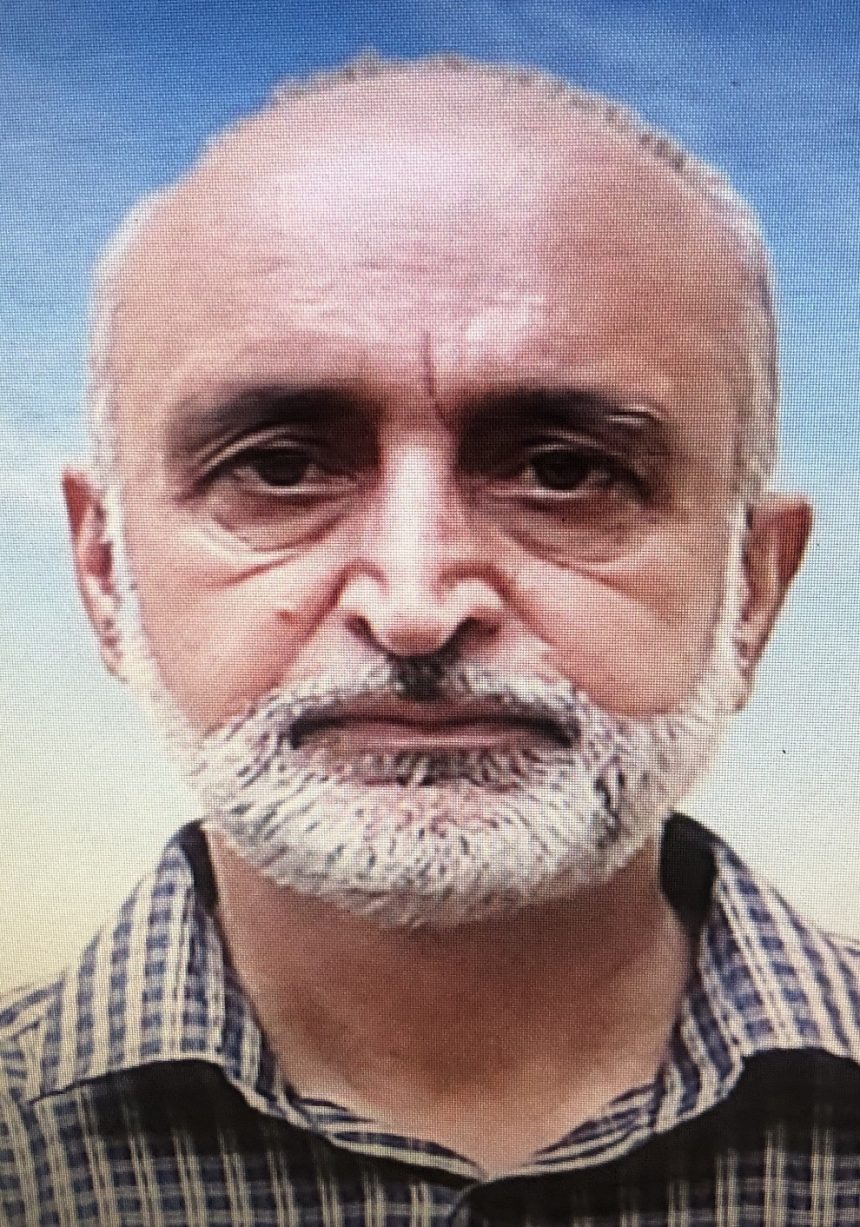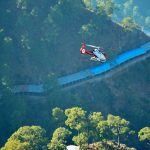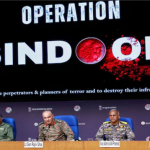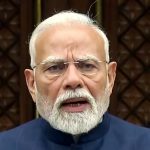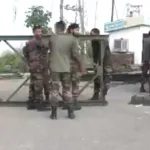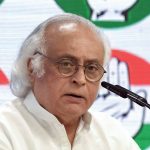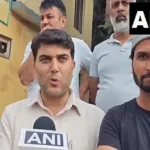Like every soul in Kashmir, I have been gripped by a deep and unrelenting melancholy since the afternoon of April 22, 2025 — the day the serene meadow of Baisaran, Pahalgam, was engulfed by terror. The news of the first-ever attack of such magnitude on tourists spread like wildfire, leaving behind a trail of heartbreak and disbelief.
I cannot help but picture the serene meadow where our visiting guests – families and friends – must have been enjoying a peaceful afternoon amidst breathtaking beauty, taking a well-deserved break from their busy lives. Adults lay sprawled on the green turf, children played and laughed, and conversations floated lightly on the breeze. The April sun filtered through the deodar and pine trees, casting playful geometric patterns on the ground.
A perfect scene of joy and tranquility witnessed all around. In a matter of moments, this paradise turned into a nightmare. Without warning, gunfire shattered the calm, and bullets tore through the crowd. Helplessness, confusion, and horror must have gripped every living soul in that meadow. The transformation from pleasure to pain was swift and brutal – an unspeakable tragedy.
Yet, amidst the darkness, a glimmer of humanity shone bright. Every Kashmiri feels a deep shame over the attack, but alongside it, a profound pride for the heroic response of the pony walas – the humble horsemen who have long been the silent custodians of Pahalgam’s beauty.
At the time of the attack, hundreds of the tourists were present, many under the care of these guides and their steadfast companions – the ponies. The response was nothing short of heroic. Their bravery, as recounted by survivors, included acts of extraordinary courage: offering solace, shielding tourists with their own bodies, guiding people to safety, ferrying the wounded to the hospital, and, in the ultimate act of valor, confronting the terrorists directly. Syed Adil Hussain Shah must never be forgotten. He made the ultimate sacrifice by trying to disarm one of the terrorists.
It is essential to remember that these heroic pony walas did not act alone. Their “partners,” the ponies – creatures of remarkable perception and sensitivity played a silent yet crucial role. Often dismissed as mere beasts of burden, ponies are, in truth, intelligent and sensitive animals. With almost panoramic vision, acute hearing, and a powerful sense of smell, they surpass human perception in many ways. They are capable of understanding and responding to human emotions.
Scientific studies have shown that ponies can detect fear, recognize faces, and often mirror human emotions. Far from being passive companions, they actively respond to human cues, often calming themselves and those around them in stressful or frightening situations. Trained to communicate and cooperate with their handlers, ponies’ exhibit emotional intelligence and an extraordinary capacity for partnership.
This profound bond between humans and horses is echoed in the Holy Qur’an, where horses are portrayed as noble creatures with significant roles in both “war and peace”. In Surah An-Nahl (Chapter 16), verse 8, Allah (SWT) speaks of horses as a creation meant for human use—both for riding and for adornment—highlighting their grace and utility in peaceful settings.
In contrast, Surah Al-Aadiyat (Chapter 100) opens with a striking oath by the galloping war horses, vividly illustrating their strength, loyalty, and obedience amid the chaos of battle. These verses honor the horse’s courage and unwavering service to humanity. In this way, both scientific understanding and religious scripture affirm the immense value and dignity of these noble animals.
In the chaos of Baisaran, their resilience and training likely steadied their handlers and terrified tourists alike. They stayed grounded: a testimony to their loyalty and bond with their handlers. These courageous creatures, have demonstrated loyalty, bravery, and remarkable abilities in the service of their human counterparts. Without their presence and poise, the tragedy could have spiraled into an even greater catastrophe.
These days, as tales of pony wala heroism circulate across social media, we owe this often-overlooked community our gratitude. Their bravery demands more than fleeting praise. It calls for lasting recognition and support. Most pony walas live in economic hardship, many lacking access to formal education or basic services. Their ponies, too, suffer silently: poorly bred, overworked, underfed, and traditionally managed, often even when visibly lame or injured. It is time we act.
Establishing fully equipped species specific ‘equine welfare centers’; first one in Pahalgam, home to the largest concentration of ponies in Jammu & Kashmir – would be a fitting tribute. These centers could promote scientific breeding, preventive healthcare, and better nutrition, extending the working lives of these voiceless animals and improving the livelihoods of their handlers.
Healthier animals mean safer, more dignified transport for tourists and Amarnath yatris, and a more sustainable, eco-friendly option for the region’s challenging terrain – including remote border areas. Any meaningful effort to enhance their health and welfare not only benefits humanity in this world but also holds spiritual merit for the hereafter.
Let us not allow this tragedy to fade into a forgotten chapter. Let us honor those who stood as guardians – both human and animal – in Kashmir’s darkest hour. May their courage remind us that even in the face of cruelty, there is strength, solidarity, and hope.
(The Author is Former Head, Division of Veterinary Clinical Complex, FVSC & AH, Shuhama, SKUAST-Kashmir. Feedback: [email protected])


